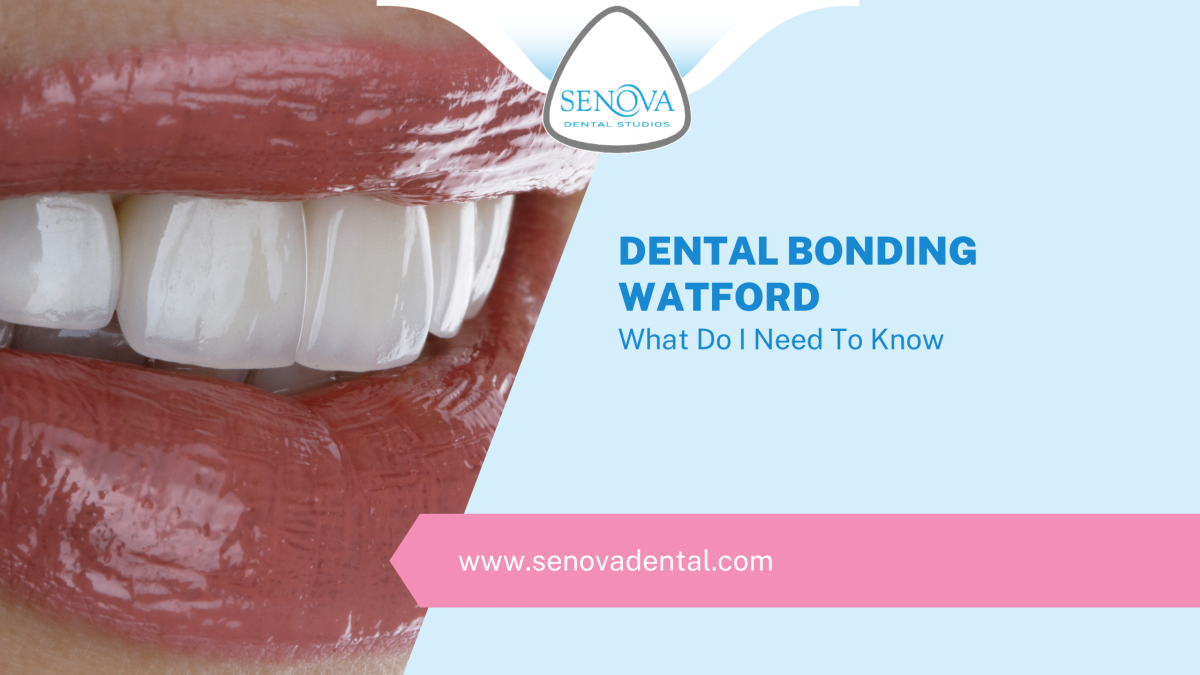
Lots of people have dental crowns to restore broken down teeth, they are an extremely common component in modern day dentistry. We are often asked a multitude of questions about crowns so decided to put the top 13 of them into this article… Do let us know what you think.
Do dental crowns come with any kind of guarantee or warranty?
Most dental crowns would come with a simple assurance that they are free from defects, any problems with guarantees arise when it’s necessary to work out how a crown broke. Crowns, and indeed teeth, are not designed to do anything except eat and chew. People can often use their teeth to open bottles and packets and some decide to chew matchsticks all day long.
So long as you respect the fact that you have a dental crown, look after it and your natural teeth and it is free from any manufacturing defect it should last for many years.
Can a dental (teeth) crown last forever and is it worth it?
It is possible for a dental crown to last the rest of your life, indeed if it is well looked after and is not subject to extreme impact then it probably will. The average dental crown lasts for 10 years. The most common reasons that a dental crown needs to be replaced are:
- Fracture, particularly if it is a porcelain crown
- Aesthetics. Over the years your natural teeth may darken making a crown look lighter.
- Gum recession. As we age the gums recede making our teeth look longer, hence the expression “long in the tooth”. This gum resorption can expose the tooth/crown margin which can stand out looking grey.
- Underlying tooth decay. Your tooth underneath the crown can still decay, particularly around the margins. This decay can then mean that the underlying tooth structure needs to be removed which necessitates removal of the crown and hence, often remaking.
How to take care of my dental crown?
Crowns don’t need any special type of care. Looking after your oral health is important for any kind of dental care routine, simply clean your teeth twice per day with a pea sized amount of toothpaste, ensuring you clean in between them at least once a day with floss or an interdental brush.
Even though you have false tooth in place you still need to clean your teeth and look after your gums to prevent gum disease and further oral health problems.
What is a dental crown?
A crown is a full surface covering which covers the whole of your crowned tooth. It is used in situations where a large amount of tooth structure has been damaged or lost. In order to rebuild the tooth to its full-size crowns are used.
Why do some dental procedures cost so much? Like crowns, etc.?
Dental procedures often cost so much for a variety of reasons:
- The complexity of the treatment. Some treatments are extremely complex and take many years for the dentist to train to be able to do.
- The location of the surgery. Dental surgeries are often located in convenient locations in the middle of high streets, this kind of location often has a high cost.
- Manufacturing and production costs. Some treatments, like crowns are made by a dental laboratory. These crowns cost a considerable amount of money, especially if a quality dental lab is used.
Why do dentists always want you to get a crown?
If a tooth is slowly breaking down there are a few options. It’s possible to use a dental filling or dental inlay. The problem is that if a considerable amount of tooth has broken down you could have a dental filling and then the final part of the natural tooth breaks, you are then in a situation where you keep having fillings which get bigger and bigger, continuously having to go back to the dentist.
Sometimes, your dentist is able to see that the tooth is breaking down to such a degree that this process becomes very costly in terms of money and time, for that reason a dental crown may be prescribed at the beginning, to save you all of this extra cost.
What are alternatives to dental crowns?
If you have a natural tooth which has broken down to the point at which a dental filling or inlay can no longer work then the only real alternative to a dental crown is to have the tooth removed. Clearly this is not a good alternative as it means you then have a space which can mean the bite is altered as the surrounding teeth drift.
Unfortunately, if you wish to keep as many teeth as possible then a crown may be the only option if you have lost a lot of natural tooth structure.
What should be done if a dental crown falls off?
The first thing to do is to retain a lost Crown. You can buy temporary adhesive in many good-quality pharmacies, this can be used in an emergency to fit the Crown back again temporarily.
In order for the crown to be fitted back permanently you will need to visit a dentist. A dentist will then remove any of the hardened cement/blue on the inside of the crown, once this has been done the crown can be refitted
Are dental crowns painful?
Not usually. You will always have a local injection prior to having any form of invasive dental work undertaken. A good tip is to ask your dentist to use a topical anaesthetic gel beforehand, this is a small amount of gel placed onto a cotton wool bud which sits for a couple of minutes on the gum on the site where the injection will be given. This number is the gum so that you can’t even feel the needle.
After you have had a crowns fitted you may find there is some mild sensitivity for a few days, this is simply because the tooth is settling down again after having all of the work done and is usually nothing to worry about.
What are the pros and cons of dental crowns versus bridge?
This is a question which often get asked but is actually a non-question. A dental Crown replaces a single tooth yet a bridge replaces multiple teeth. There are therefore no pros and cons of dental crowns versus bridge as they have completely different outcomes.
The only time a dental crown is used as a single replacement of a missing tooth is when it is used as a restoration on top of a dental implant.
Why are dental crowns recommended after a root canal?
Dental crowns are not always recommended necessarily after a root treatment. It is possible to have a root canal treatment without a crown. Sometimes a root canal is required as the decay has got so bad that it has affected the nerve and/or blood supply of the tooth. If the decay has also affected the part of the tooth which you see and it has broken down then often a root canal will be combined with a dental crown.
If however the bulk of the tooth remains unaffected then you can have a root canal treatment without having a permanent crown fitted afterwards
What is the best dental crown to get for back teeth?
Crowns on front teeth are usually focused around aesthetics, crowns on back teeth usually focus around strength and functionality, although in both instances all criteria count.
Crowns for the front teeth usually include ceramic crowns, these have no metal and can often look the most beautiful. Porcelain fused the metal crowns or full metal crowns made out of a range of metal alloys can often be stronger, these can be used for back teeth although it is usually considered they don’t look quite as good.
The process of having the crown is exactly the same, the dentist prepares the tooth, takes an impression and sends to a dent laboratory they make the crown, once manufactured the dentist fits the new restoration over a prepared tooth.
What is the best dental crown material?
There are a range of different crown materials including precious metal, porcelain bonded crowns and all ceramic crowns. Each material is used in a different situation dependent upon the look and strength.
The type of crown used will depend upon where it is going to be in your mouth.
The weakest material is acrylic or composite, this is usually what your temporary crown will be made from.
The strongest material is often considered to be a precious metal alloy such as a gold alloy, however this is often not desirable, particularly at the front of the mouth.
Porcelain bonded to metal alloy crowns are amongst the most common materials, this type of ground has been around for many years and has an extremely long track record and pedigree.
Summary
Dental crowns are a routine dental treatment often necessitated after dental decay or traumatic loss of tooth structure. Crowns can look extremely natural and blend in with your other teeth harmoniously. They can also last many years, sometimes a lifetime if well looked after.
- How To Stop Tooth Pain Fast? - January 28, 2024
- What Is Invisalign®? - October 31, 2023
- What Is Fluoride Used For On Teeth And Why? - August 31, 2023




